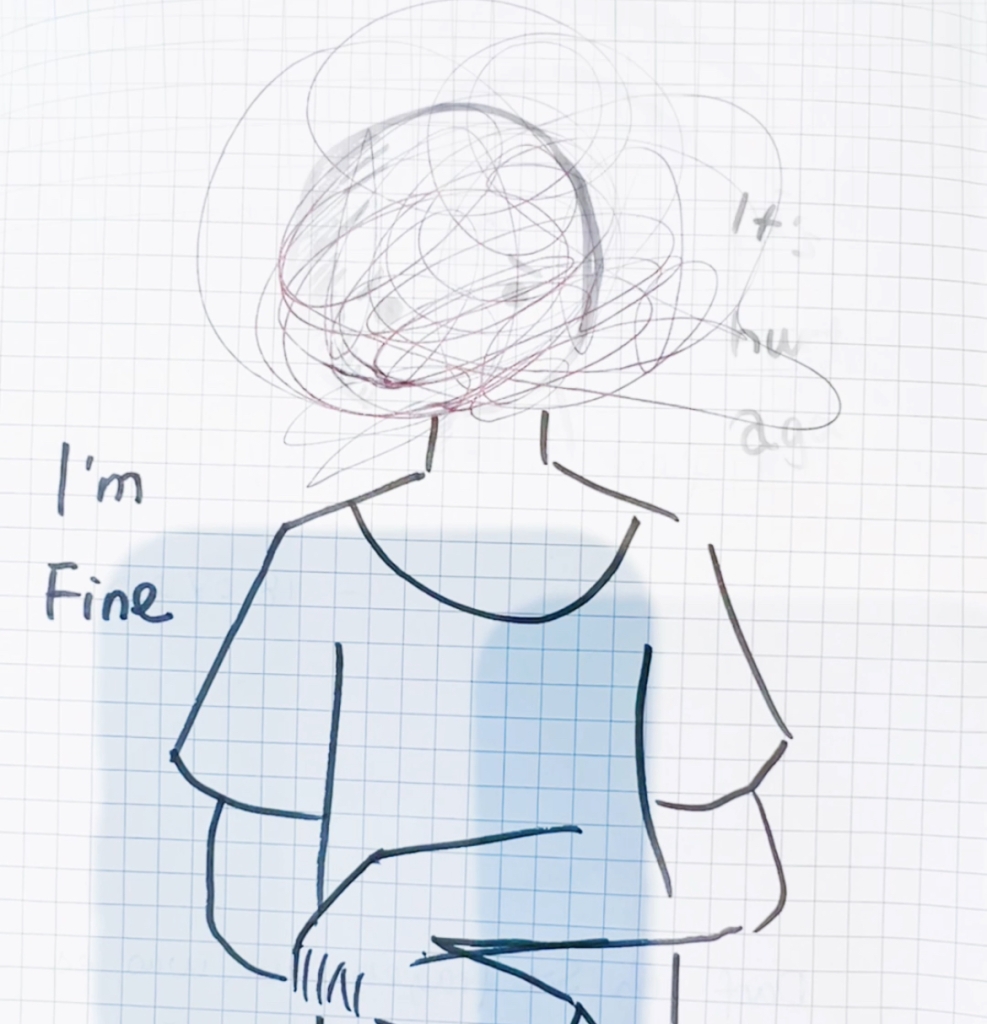The idea of avoiding conflict in front of our children has been on my mind for a long time. I believe it’s a common topic among parents. There are countless articles online, but none have truly resonated with me. It’s not that they aren’t good, but each family is unique, and so is each child, right?
I have to confess that I’m not the best mother. By my own standards, I might not even be above average. However, I told myself many times that I’m fed up with being a time-bomb mom to my most precious child. But how do I change? How do I avoid conflict? I’ve been on this path for years and still have no clue.

Especially during the challenging toddler years and my own hormonal changes, communication failures can make things difficult. How do we avoid impacting our children? When they’re young, distractions can work, but as they grow, how should we behave to avoid conflict in front of them? How can we set a positive example and instill faith in the future? It’s a heavy topic, but it’s true and worth discussing. It weighs on the hearts of those of us who love our families deeply.
I’ve tried to ignore conflicts. Sometimes it works, bringing temporary peace and shelter for a growing child. But the emotions don’t go away—they accumulate. It’s like heat rising into the sky, forming clouds that grow darker until they finally release in a downpour or a thunderstorm. If I had to choose a piece of music to describe this, it would be “Rain” by Tony Ann, which perfectly captures the emotions of controlled and accumulated feelings.
I’ve also tried to communicate about it. That was my worst choice. In Ronald W. Richardson’s book, Family Ties That Bind: A Self-Help Guide to Change Through Family of Origin Therapy, he explains the lifelong impact of our original families. I couldn’t understand how deeply I was affected until I read this book. Childhood experiences, especially the lack of parental presence, can lead to poor communication skills in private life. Talking about it was a failure for me.
I remember a girl telling me how happy she was when her parents decided to divorce during her teenage years. I wasn’t sure how seriously to take this, but I also saw the struggle of a friend who received his parents’ divorce news. One was from a Western family, the other from an Eastern family. Despite their cultural differences, they both suffered from the absence of a stable character.
So, how do we minimize the damage to our next generation? Can communication help? Can we offer more tolerance? Can we work on self-improvement?
Writing helps me process my feelings and relieve some of the endless guilt. I believe a mother’s love for her child is deep and altruistic. I want to express how much I value and love my family. I place them above myself, but I’ve also learned the importance of self-satisfaction. This concept, which goes against my Eastern upbringing, has left me feeling lost and betrayed. It’s true in theory, but nothing is absolute. Without balance, it can cause harm. I fear that someday my child might experience similar communication failures due to the examples I’ve unintentionally set.
Maybe I’m speaking to moms, women, or the sentimental among us. Or perhaps it’s an intercultural family issue. A psychologist once told me that intercultural family communication is the most challenging because it often involves non-native languages, leading to misunderstandings. Interpretation plays a crucial role in how we react to each other.
Nothing is impossible to solve. It’s not about avoiding conflict entirely, but handling it. When I’m lost or hurt, I remind myself of my heart’s origin: love. Love brought me here, brought my child into the world. Love should be able to erase conflict. It will show my child that his mom isn’t a machine, but a person who handles conflict and gets through stormy weather with love.
Thank you for reading
Leave a comment